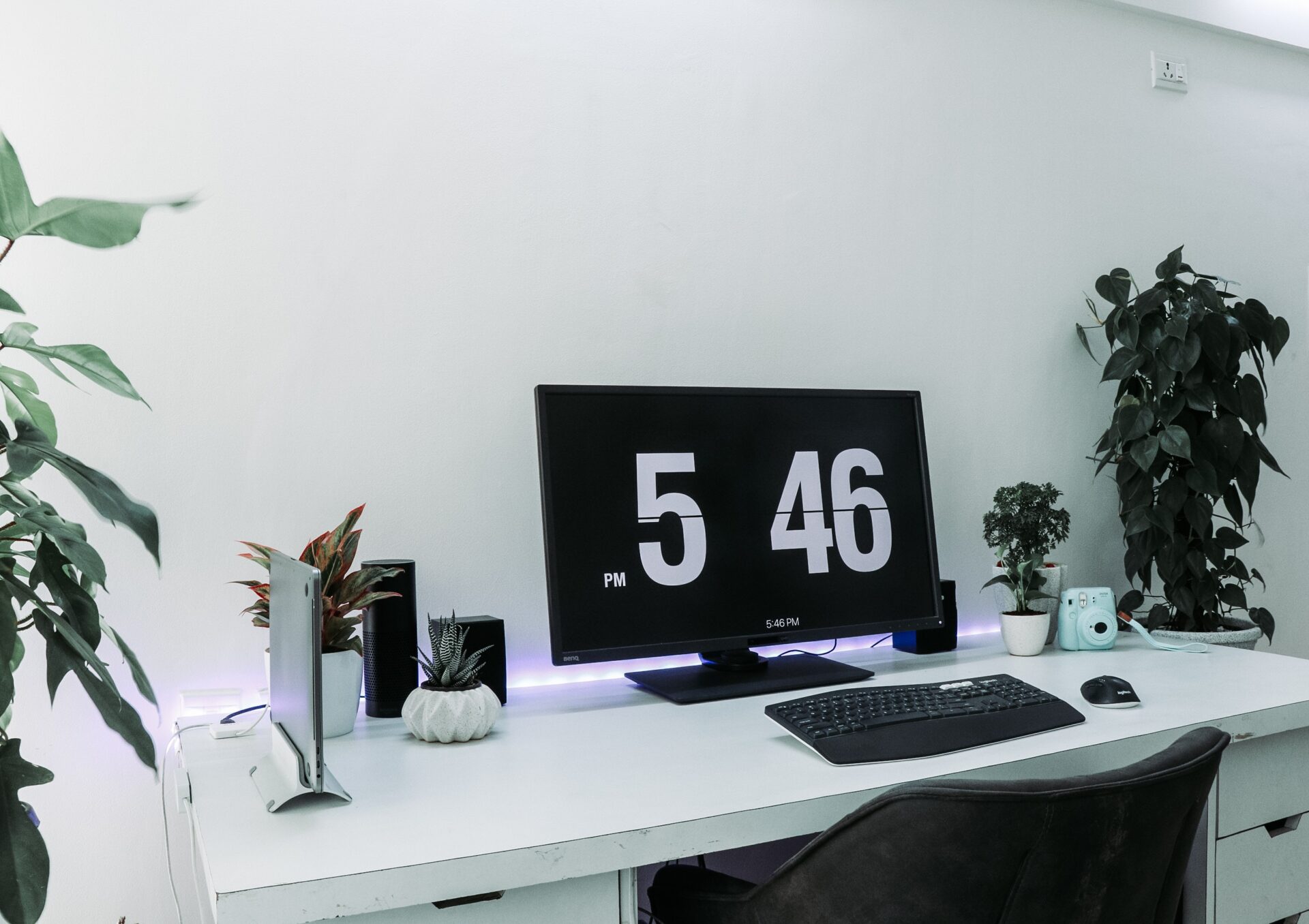
4 Organisational Habits That Every Student Should Practice
As we gear up for assessments and intensives it is important to not only get up to date with course content but to also check in on our study habits. If organisation doesn’t come naturally to you, don’t stress! Just like riding a bike – developing solid organisational habits is a learned skill, which improves with time and practice.
So whether you’re just setting out on your organisational journey or you’re a seasoned pro looking to refine your approach, here are 4 habits to help you through this assessment season.
Maintaining a clean workspace
The theory here is that an organised desk = an organised mind. In fact, studies have shown that too much clutter can overwhelm your visual cortex and actually disrupt your brain’s ability to process information. Yikes! To avoid this, make sure to clear your desk of any rubbish and filing papers you do need. If you don’t have access to a desk with drawers, try checking out Kmart or Spotlight for affordable storage trays and office supplies. Lastly, remember that a clean workspace doesn’t have to mean a bare one! Feel free to decorate with anything that you feel is going to make your study area a positive and encouraging space for you!
Goal-setting
When life gets busy its important to look up every now and then to check what direction you’re headed in. This is where goal-setting comes in. Goals can be long or short-term and can be as simple as doing your washing or as big as aiming for a high distinction in one of your units. One of the most important things to remember when deciding on your goals is to make them attainable. Don’t overload yourself with too much at once as this can lead to fatigue and, eventually, burnout. Secondly, never punish yourself for not meeting a goal. Goals should be aspirational and motivating, so if yours start to feel like a source of anxiety and pressure then take it as a sign that they might need amending. Above all, use your goals to track milestones and achievements and then celebrate them! A ‘small’ success is still a success, and you should be proud of yourself.
Managing time
Consider time management as your day-to-day scheduling like the way you segment your work, life, and study commitments. Utilise a planner, study timetable, or the calendar on your phone or laptop to block out the time you need to spend studying, and then do your best to stick to it! This doesn’t have to be a static schedule that remains the same trimester-long. It is something that should change and fluctuate depending on what tasks are the most urgent. At different times you might need to re-prioritise from work to study or from study to family, depending on what you personally have going on. If you find yourself time-poor during assessment season, try analysing your schedule to see if any of your commitments can be lessened, and if you ever get stuck don’t be afraid to ask for help!
Communicating
This may seem like a weird one, but communication is a crucial part of organisation. Good communication in this context could be anything from letting your peers know where you’re up to on a group assignment, or telling your manager you need some time off around your exams. Many problems can arise from poor communication. For example, if you become overwhelmed with your studies or there are issues in other areas of your life this could impact your ability to study. It is a good idea to get in touch with UNE support services and your unit coordinator early on, rather than letting deadlines pass or submitting work that isn’t your best. Remember, it’s hard for people to help you if you don’t let them know what’s going on!
Organisation is a skill that comes with practice and finding what works best for you! The sooner you start to incorporate organisational strategies into your approach to study, the easier it will be to manage your study load.
The team at Advocacy and Welfare offers confidential support to students! Contact them here.
Student Success also has confidential counseling for students, you can find them here.
Lifeline is also a 24/7 hotline and you can call them on 13 11 14


